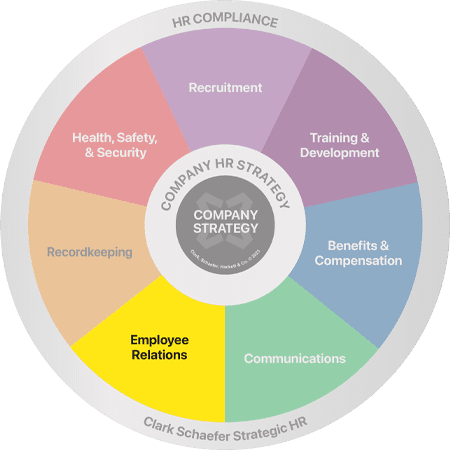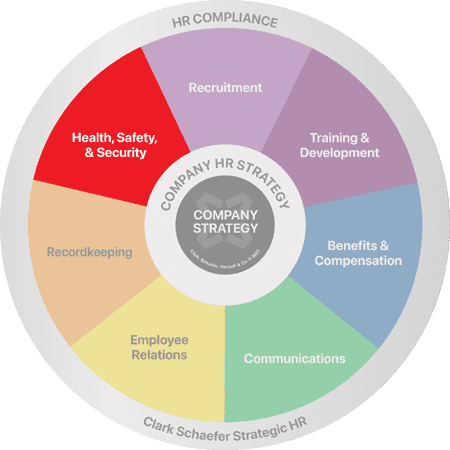How Can I Prevent Tension Between My Remote Team and On-Site Team?
Last Updated on March 1, 2024 / Communications
HR Question:
Due to COVID-19, some of my team members are able to work from home. However, I have other team members that I need to be present in the office. This has understandably caused some frustration for those that need to be on-site, as they may feel that the situation is unfair. How can I prevent tension between my remote team and my on-site team members?
HR Answer:
While telework can have many benefits (both actual and perceived), the fact is that it doesn’t work for every type of role. What may be possible for a designer, accountant, sales member, or marketer may not be possible for the office’s receptionist, the engineering team for the building, or essential workers on the front line. This can cause the perception of inequities between the “work-from-home-haves” and the “work-from-home-have-nots,” leading to tension, friction, and frustration. If your work environment is a blend of remote and on-site employees, consider these key actions that an employer can take to help prevent tension between their remote and on-site team.
Prevent Tension By Communicating
First, communication is critical. For employees whose roles may not allow them to work from home, it’s important they understand why the opportunity cannot be afforded. Equally as important, managers and leaders should make it clear that their willingness to work these essential roles is more than appreciated. This can be done through ongoing communication, manager and leaders going out of their way to recognize team members on a daily basis, or even having those that are working remotely create thank you messages to the essential on-site staff.
Say Thank You
Small acts of gratitude could go a long way as well. For those who are on-site, show your appreciation by providing an occasional lunch or donuts (allowing for social distancing and COVID-19 safety measures) and letting the on-site workers know they are valued. Consider the approach a local Cincinnati waste removal company took to thank their essential workers for working throughout the pandemic. Ensure that managers and leaders are present and actively thanking team members for stepping up.
Educate Your Team
Finally, be sure that you are educating your staff – no matter their role. Educating the essential, on-site workers on how their role contributes to the overall success of the company. It is also important that any concerns that essential workers may have are addressed to the extent possible. Where there are safety concerns, ensure essential workers and anyone coming on the premises have a clear understanding of the measures that have been put in place to keep them safe. The need for communication and education cannot be overstated.
For those employees who are working from home, educate them on why this opportunity is available. Yes, there are personal benefits, but there are also business reasons that are key to understand as well. Remote employees need to understand that this privilege is not available to everyone. Often, it’s the work that essential workers do, manufacturing, healthcare, grocery workers, etc. that helps make the remote work possible. Take the opportunity to share the expectations of your remote team, and how their actions will directly contribute to the health of the business, particularly during this trying time.
The COVID-19 pandemic has presented challenges very few ever expected. With the varying levels of risk that come with working on-site, it’s easy for potential frustrations to occur when some employees are expected in the office while others are not. Prevent tension between your remote and on-site teams with frequent communication, saying thank you often, and educating everyone on the team as the situation develops.
Communication often seems like a “no-brainer.” HOW you communicate is often as important as WHAT you communicate when it comes to getting results! Strategic HR has years of experience preparing communications for a variety of audiences and topics. Visit our Communications page to learn how we can assist you with various communication-based projects.








